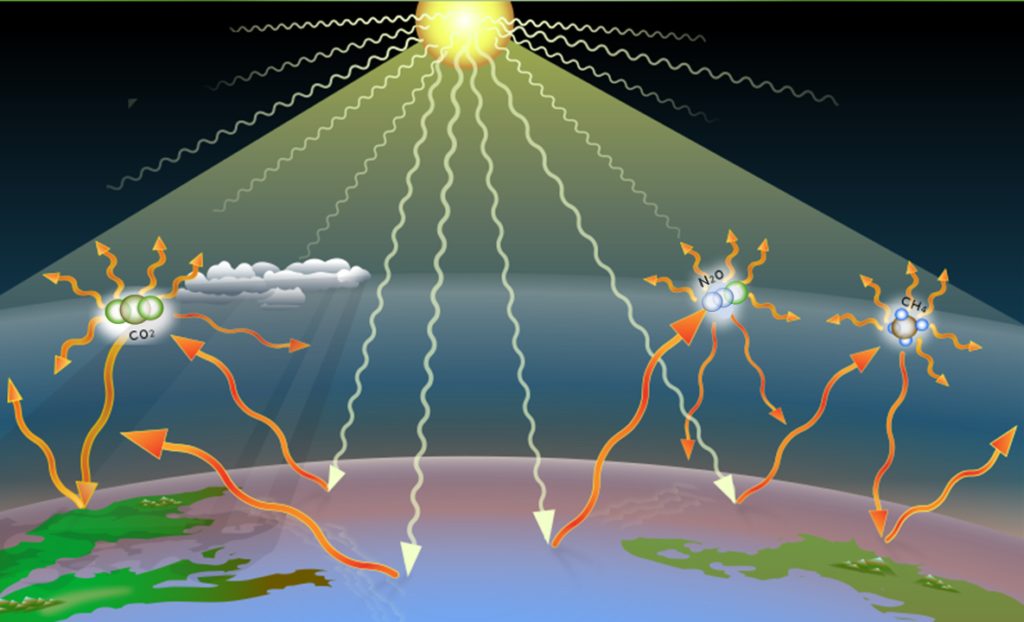Climate change is a long-term change in the average weather patterns that have come to define Earth’s local, regional, and global climates. These changes have a broad range of observed effects that are synonymous with the term. The science behind climate change is complex, but it is clear that human activities are the primary cause of the current warming trend. The burning of fossil fuels, such as coal, oil, and natural gas, releases greenhouse gases into the atmosphere. These gases trap heat, which warms the planet.
The effects of climate change are already being felt around the world. The planet is getting warmer, sea levels are rising, and extreme weather events are becoming more common. Climate change is a serious threat to our planet and our way of life.
How Does Climate Change Work?
The Earth’s climate is a complex system that is influenced by many factors, including the sun, the oceans, the atmosphere, and the land. The sun is the primary source of energy for the Earth’s climate system. The oceans, atmosphere, and land absorb and distribute this energy, which helps to regulate the Earth’s temperature.
Greenhouse gases are gases that trap heat in the atmosphere. The most important greenhouse gases are carbon dioxide, methane, nitrous oxide, and water vapor. These gases are released into the atmosphere from a variety of sources, including the burning of fossil fuels, deforestation, and agriculture.
When greenhouse gases trap heat in the atmosphere, it causes the Earth to warm. This warming can lead to a variety of changes in the Earth’s climate, including rising sea levels, more extreme weather events, and changes in plant and animal life.
What Are the Effects of Climate Change?
The effects of climate change are already being felt around the world. The planet is getting warmer, sea levels are rising, and extreme weather events are becoming more common. Climate change is a serious threat to our planet and our way of life.
Some of the effects of climate change include:
- Rising sea levels: Sea levels are rising because the Earth’s ice caps and glaciers are melting. This is causing coastal flooding and erosion.
- More extreme weather events: Climate change is making extreme weather events, such as hurricanes, floods, droughts, and wildfires, more common and more severe.
- Changes in plant and animal life: Climate change is causing changes in plant and animal life. Some species are moving to cooler climates, while others are becoming extinct.
- Health problems: Climate change is also causing health problems, such as heat stress, respiratory problems, and vector-borne diseases.
What Can We Do to Address?
There are a number of things that we can do to address climate change. These include:
- Reduce our reliance on fossil fuels: We can reduce our reliance on fossil fuels by using more renewable energy sources, such as solar and wind power.
- Improve energy efficiency: We can improve energy efficiency by making our homes, businesses, and transportation systems more efficient.
- Protect our forests: Forests absorb carbon dioxide from the atmosphere, so it is important to protect our forests.
- Adapt to the effects of climate change: We need to adapt to the effects of climate change that are already happening. This includes building seawalls to protect coastal communities from flooding and developing drought-resistant crops.
Climate change is a serious problem, but it is not too late to take action. By reducing our emissions of greenhouse gases and adapting to the effects of climate change, we can protect our planet for future generations. Read more such articles here.










